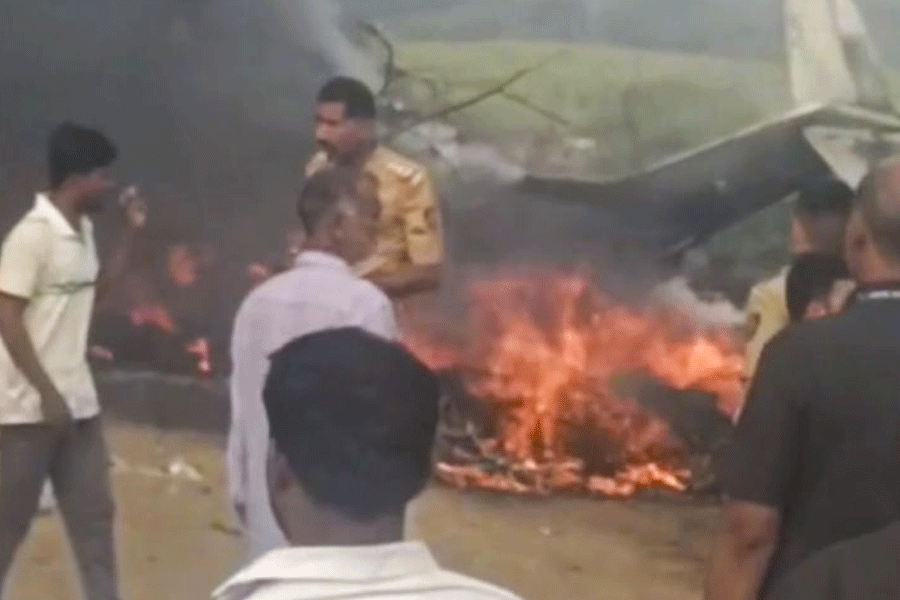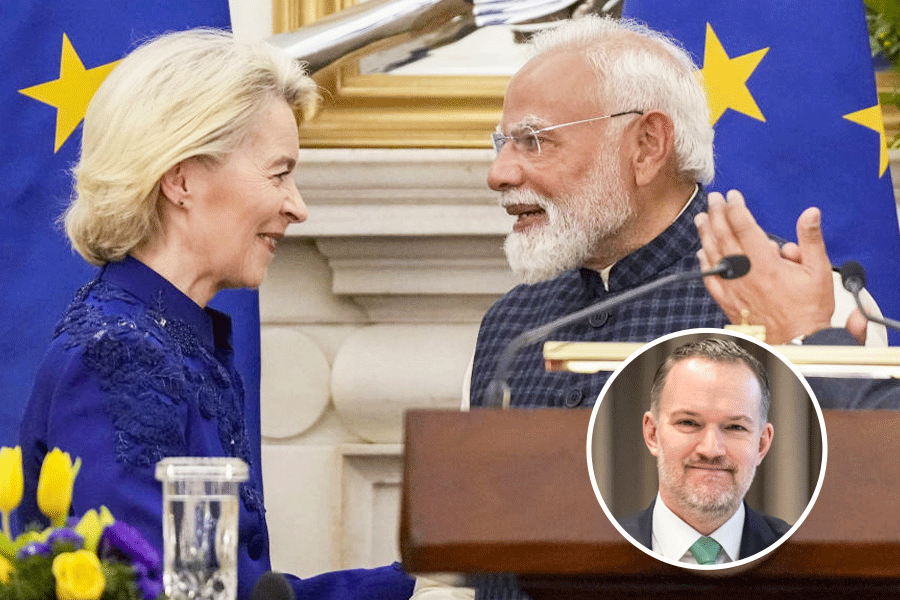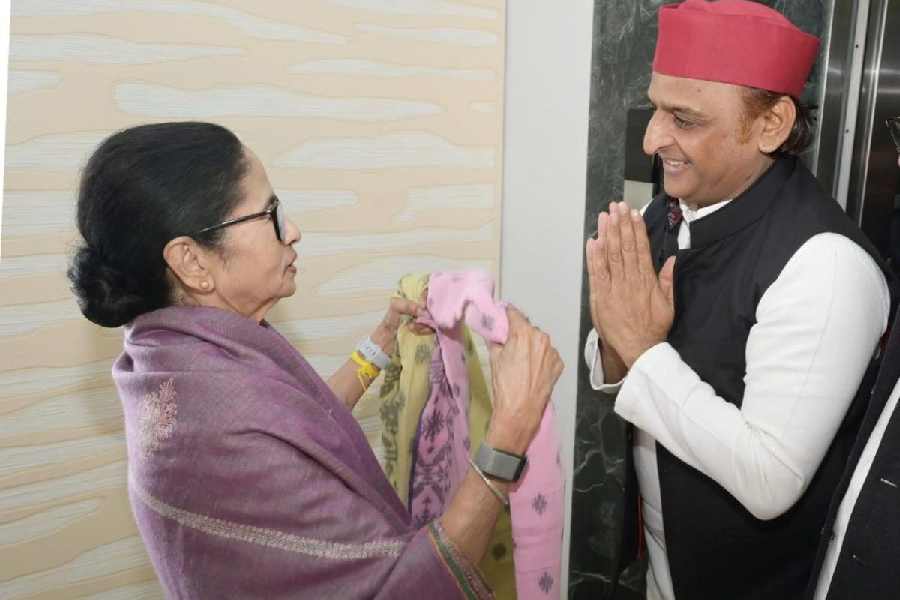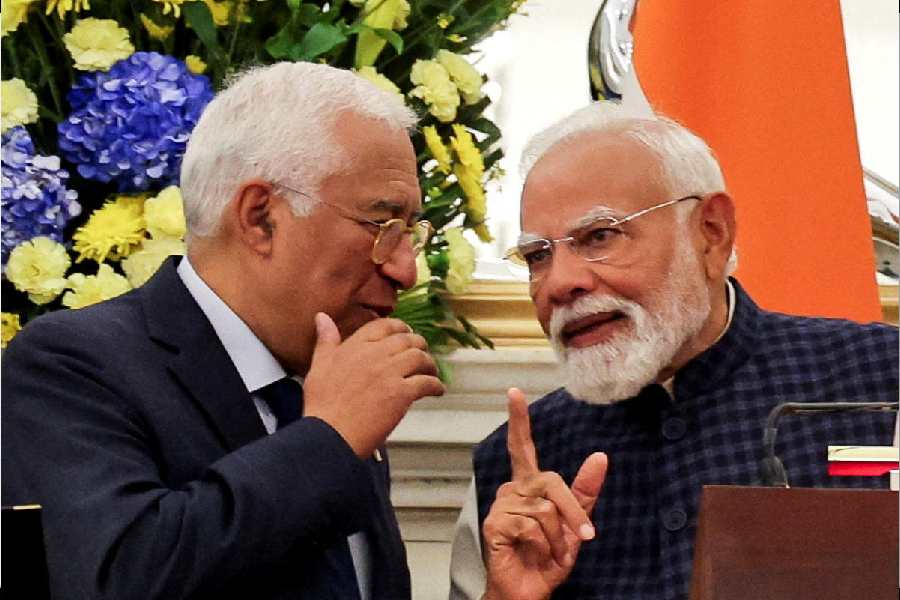Book: Love is not a Word: The Culture and Politics of Desire
Editor: Debotri Dhar
Publisher: Speaking Tiger
Price: Rs 399
“[A]t once art, insight, event, encounter, aporia, utopia, ethic” is how Debotri Dhar characterizes love in her Introduction to this collection of twelve essays by prominent literary critics, journalists and activists. Apart from the rather redundant title, Dhar’s Introduction encompasses a vision of love that is at once admirably catholic and regrettably myopic. In engaging with the gamut of connotations that this most troublesome of four-letter words evokes, the book’s vision struggles to navigate between the Scylla of specialized scholarship and the Charybdis of general consumption. The solution seems to be to invoke the editor’s personal identity as scholar and novelist (the longest quote in the book is from her own work). Anecdotal intimacy in a book about one of the strongest passions known to humans can affect powerfully. Suffice it to say that both her essay on the self-love of single women and the Introduction reflect Dhar’s extravagant love of self-reference. Roland Barthes’s complex musings in the wonderfully poignant A Lover’s Discourse are offered as theoretical scaffolding, but politics, gender, ethnicity and religion must also be addressed. The contributions, thus, range in topic from the love of god, nature, cities and the aforementioned self to love in Indian mythology, politics and Urdu poetry. One might ask if love is an encounter, what about our other entanglements with our environment? Love related to geological formations, animals, progeny and kin, wealth and property, language, knowledge and ideas (philosophy, etymologically speaking) colour our thoughts and deeds too. The trouble is that this book privileges the enumerative over the analytical, but stints in the reckoning.
The essays either deal with textual constructions of love or analyse contemporary sociological practices related to it. Among the first kind, Makarand Paranjape’s entertaining “Radha, Divine Paramour” is the most sustained. It posits a piquant question: “Given her unique position in the Hindu imaginary, what would Radharani say to Mahatma Gandhi if he were suddenly to encounter her in the vast landscapes of Hindu thought as he tried to purify and rid himself of all carnal desires?” Although we are offered little of that particular conversation, the essay is an enlightening summary of the scholarship of classical and bhakti literature revolving around the emergence and construction of the figure of Radharani.
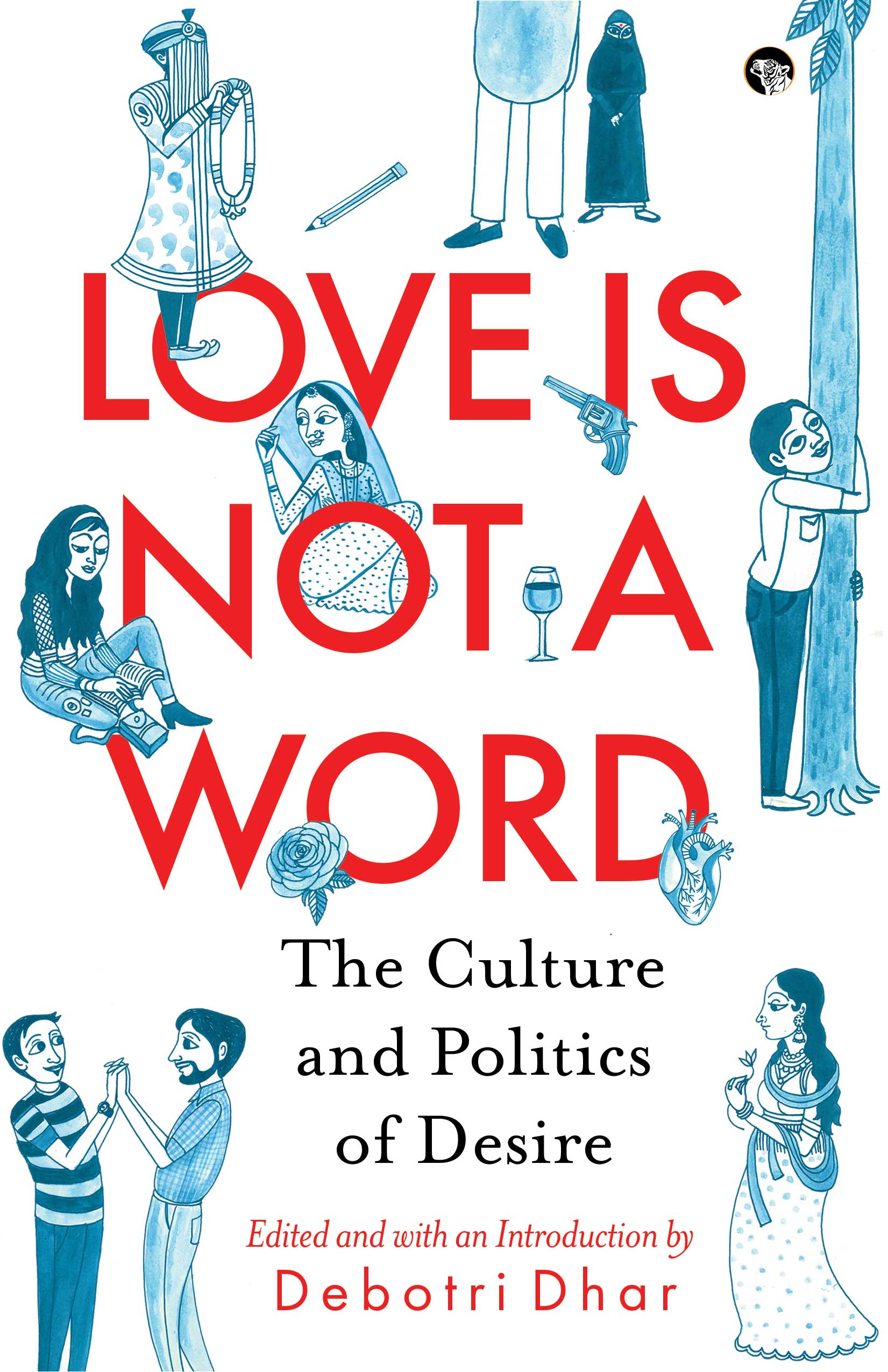
Love is not a Word: The Culture and Politics of Desire edited by Debotri Dhar, Speaking Tiger, Rs 399 Amazon
Rakhshanda Jalil’s brief but masterly account of the Barahmasa poetic form engages with the ways in which nature, culture and oral traditions intermingle with the pining female lover’s voice to narrate a story of cultural exclusion. Malashri Lal’s wide-ranging “Perspectives on Indian Love” merges the Bollywood-approved model of the big fat Indian wedding with the swayamvara tradition to discuss female agency in matrimonial matters through popular Hindi films and contemporary Indian fiction. Mehr Afshan Farooqi’s charming analysis of Ghalib’s poetic muse delves deep into textual nuances to look at how love as an idea is used to transcendental effect in the ghazal tradition. Didier Coste’s overview of city literature across cultures and continents, from Baudelaire to himself, offers an erudite and informative lecture in comparative literature. Alka Pande’s comment on the Kamasutra through the eyes of a prosperous nagarvadhu, however, fails to deliver on its interesting premise and Zafar Anjum’s analysis of the politics of love and love of politics in Urdu poetry reads too much like a conference paper (which it is).
The most luminous contribution in love practices in Indian society is perhaps Parvati Sharma’s deeply personal account of same-sex love in India. Thoughtful and tightly argued, this essay is compelling in its intensity and presents an assured performance of the personal as political. Christina Dhanaraj’s examination of caste and dating in India is equally thought-provoking, as is Nilanjan Mukhopadhyay’s insightful and well-written account of the triangulation of love, violence and politics in contemporary India.
Sumana Roy’s quirky and delightful essay on people’s love for trees is the one that lingers long after reading. Weaving fact and fancy with a deft touch, Roy’s voice is perfectly pitched: sensitive, intimate, unpretentious. “‘Dear 1037148,’ wrote one admirer to a golden elm in Melbourne,” Roy informs us. ‘‘You deserve to be known by more than a number. I love you. Always and forever.’’ If only the vision of the volume as a whole shared the sentiment.


